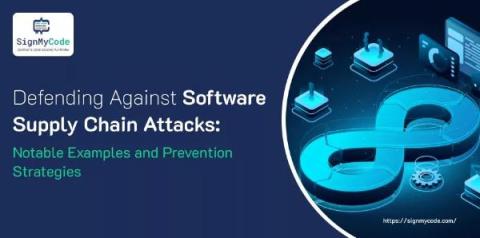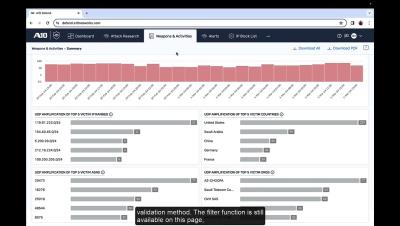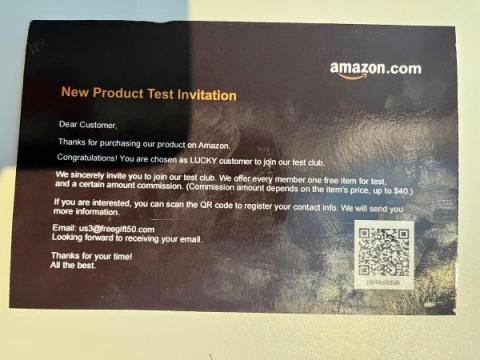What is Clickjacking? - Types, Examples and Prevention
Clickjacking, also known as UI redress attack or user interface (UI) manipulation, is a malicious technique used to trick users into clicking on elements of a web page without their knowledge or consent. By overlaying transparent or opaque layers on legitimate web content, attackers can trick users into performing unintended actions, such as clicking on hidden buttons or links.











